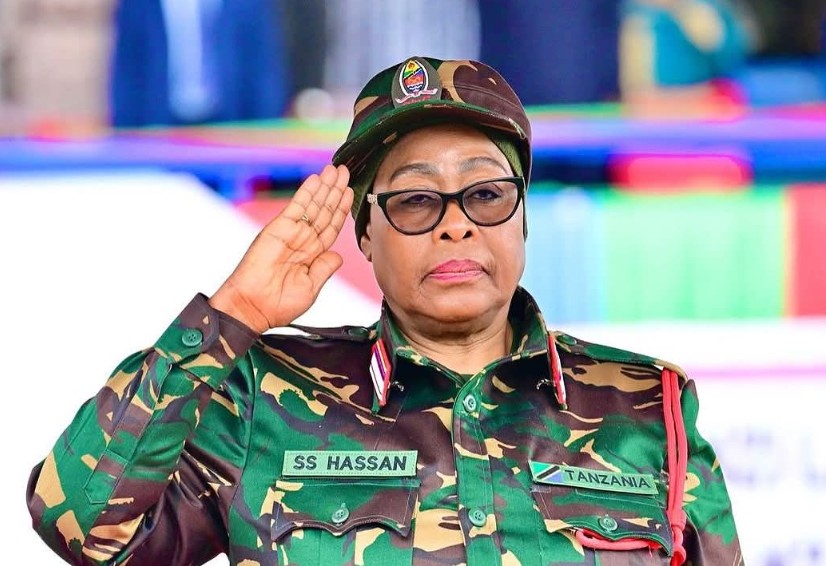Tanzania’s President Samia Suluhu Hassan has secured a dominant palm in the nation’s most recent presidential vote, taking 97.66 percent of the ballots, according to sanctioned results released on Saturday.
The ruling Chama Cha Mapinduzi( CCM) party hailed the outcome as a “clear endorsement” of Hassan’s leadership. A swearing-in form for her new five- time term is set for latterly in the day.
But the inviting periphery has sparked a surge of review at home and abroad, with opposition numbers, activists, and spectators questioning whether the Tanzanian choices were truly free and fair.
Opposition Silenced and Violence on the Streets
For the opposition, this was no fair contest. Two major contenders were effectively removed from the race before advancing began.
Tundu Lissu, leader of the Chadema party, remains behind bars on disloyalty charges after demanding electoral reforms. Another prominent figure, Luhaga Mpina of ACT- Wazalendo, was barred from querying the administration.
With her rivals sidelined, Hassan faced 16 lesser-known candidates, leaving critics to describe the poll as “a coronation, not an election.”
Violence soon erupted across the country. Protesters tore down ruling-party bills and disagreed with police at several polling stations. Security forces responded with heavy crackdowns, a civil curfew, and a broad internet blackout.
Opposition sources claim “around 700” people were killed during the unrest, citing figures gathered from hospitals and clinics. A security insider and a diplomat in Dar es Salaam also reported that deaths were “in the hundreds.”
President Hassan, 65, has remained silent since the chaos began, indeed as global attention turned sprucely to Tanzania’s thoroughfares.
International Concern and Government Denial
The world is watching. UN Secretary-General Antonio Guterres said he was “deeply concerned” about the situation in Tanzania, including reports of deaths and injuries during the demonstrations.
The UN Human Rights Office said it had received credible reports of deaths in Dar es Salaam, Shinyanga, and Morogoro, adding that security forces had fired live ammunition and tear gas to disperse demonstrators.
Amnesty International estimated at least 100 losses, while the UN verified 10. The Tanzanian government still explosively denies using excessive force.
Foreign Minister Mahmoud Thabit Kombo told Al Jazeera, “Currently, no excessive force has been used. I’ve not seen these 700 anywhere … There’s no number until now of any protesters killed.”
Army Chief Jacob Mkunda described protesters as “criminals,” while rumors circulated that elements of the military had defected to join demonstrators, a claim the government swiftly rejected.
Public frustration has also turned toward Hassan’s son, Abdul Halim Hafidh Ameir, who is accused by critics of helping coordinate the government’s clampdown.
Hassan, Tanzania’s first womanish chairman, rose to power in 2021 following the unforeseen death of John Magufuli. Originally viewed as a unifier, she’s now indicted of stifling dissent and exerting control over civil society.
For numerous Tanzanians, the Tanzanian choices have come to symbolize a symbol of a republic under strain.
With intelligencers confined, independent media silenced, and the internet still incompletely blocked, the true picture of what happened remains unclear.
Tanzania may have declared a winner, but for millions of citizens, the fight over legality has only just begun.






